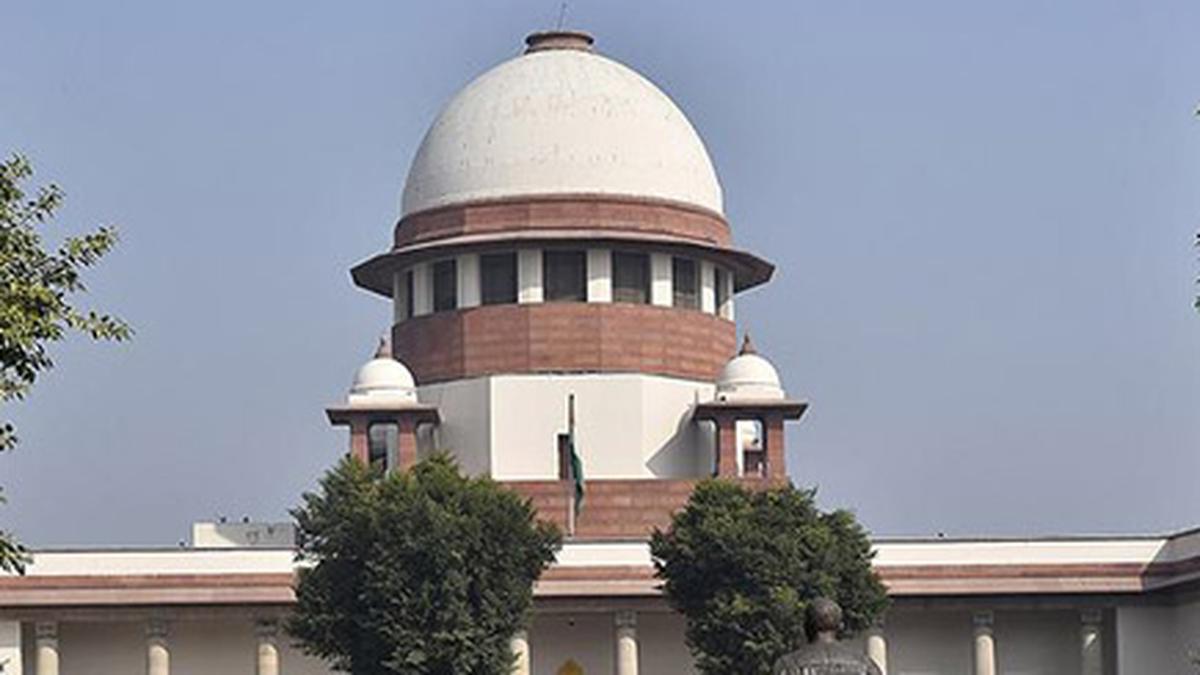
SC’s translation projects raced ahead in 2023 as retd. HC judges, law clerks help AI
The Hindu
Currently, the highest number of translated judgments are in Hindi at 22,396, followed by Punjabi (3,572), Kannada (1,899), Tamil (1,172), and Gujarati (1,112).
The Supreme Court of India’s monumental project of translating all of its 36,000 judgments into Scheduled Languages achieved unprecedented speed in 2023, with the E-SCR portal starting with just 2,238 translated judgments as of January and ending the year with over 31,000 rulings translated.
Currently, the highest number of translated judgments are in Hindi at 22,396, followed by Punjabi (3,572), Kannada (1,899), Tamil (1,172), and Gujarati (1,112).
Chief Justice of India D.Y. Chandrachud in his Republic Day speech had said that the Supreme Court was on a mission to provide SC judgments in all Scheduled Languages - a project that started under the tenure of CJI Ranjan Gogoi in mid-2019 and taken forward by his successors.
Justice Gogoi had at the time given credit to his successor and then number two judge, Justice S.A. Bobde, for first mooting the idea of translating the court’s judgments into regional languages. Justice Bobde continued the efforts during his tenure as top judge, introducing AI tools and also inaugurating the Supreme Court Vidhik Anuvaad Software (SUVAS).
However, the speed of translations increased under the tenure of CJI Chandrachud, largely due to the court’s decision to put into service an army of retired High Court judges and their law clerks, who were able to correct erroneous interpretations or translations of the AI-based software. This coupled with the system set in place for the translations by the Editorial Section of the Supreme Court has resulted in the jump in pace, say officials.
But despite the speed of translations picking up drastically in 2023, questions have been raised by lawyers and legal experts on how these translated judgments would be useful when High Courts are not yet permitted to conduct proceedings in regional languages except in Hindi-speaking States. Further, the translated rulings come with a disclaimer that absolves the Supreme Court Registry of any responsibility for incorrect or inaccurate translations.
And apart from Hindi, there is no standardised glossary of legal terminology in other regional languages to facilitate uniform translations from English, which has already led to incoherent translations in some languages like Tamil, explained Justice K. Chandru (retd), former judge of the Madras High Court.













